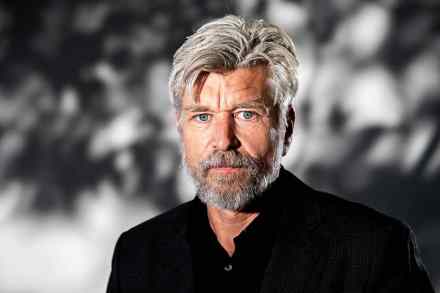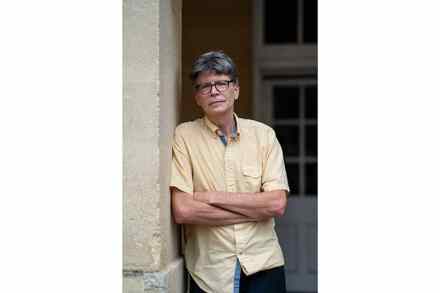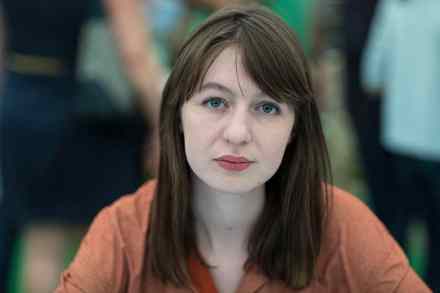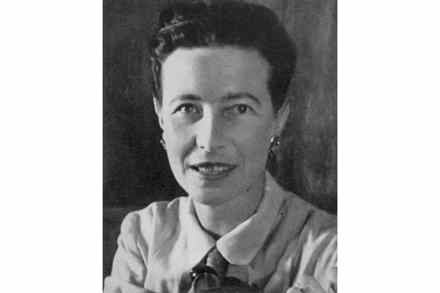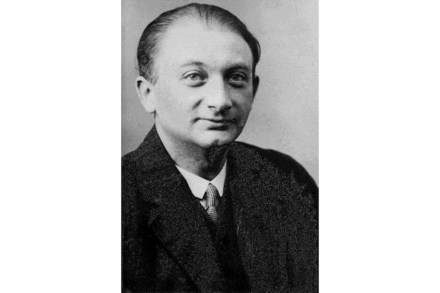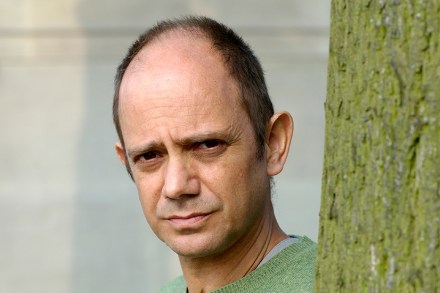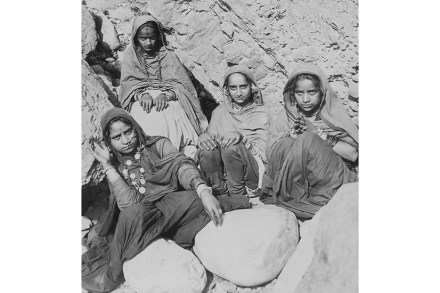Mind games: the blurred line between fact and fiction
Readers of Case Study unfamiliar with its author’s previous work might believe they have stumbled on a great psychotherapy scandal. We’ve all heard of past psychiatric controversies — forced lobotomies, the incarceration of single mothers, false memory syndrome — and of R.D. Laing, whose unconventional techniques were not always beneficial to the patient. Well, here is Graeme Macrae Burnet, a Scottish writer whose His Bloody Project was shortlisted for the Booker in 2015, disclosing that after he wrote a blog piece about the once notorious, now largely forgotten, 1960s psychotherapist A. Collins Braithwaite, he was sent previously unseen notebooks written by a young woman who had been his patient. Burnet


